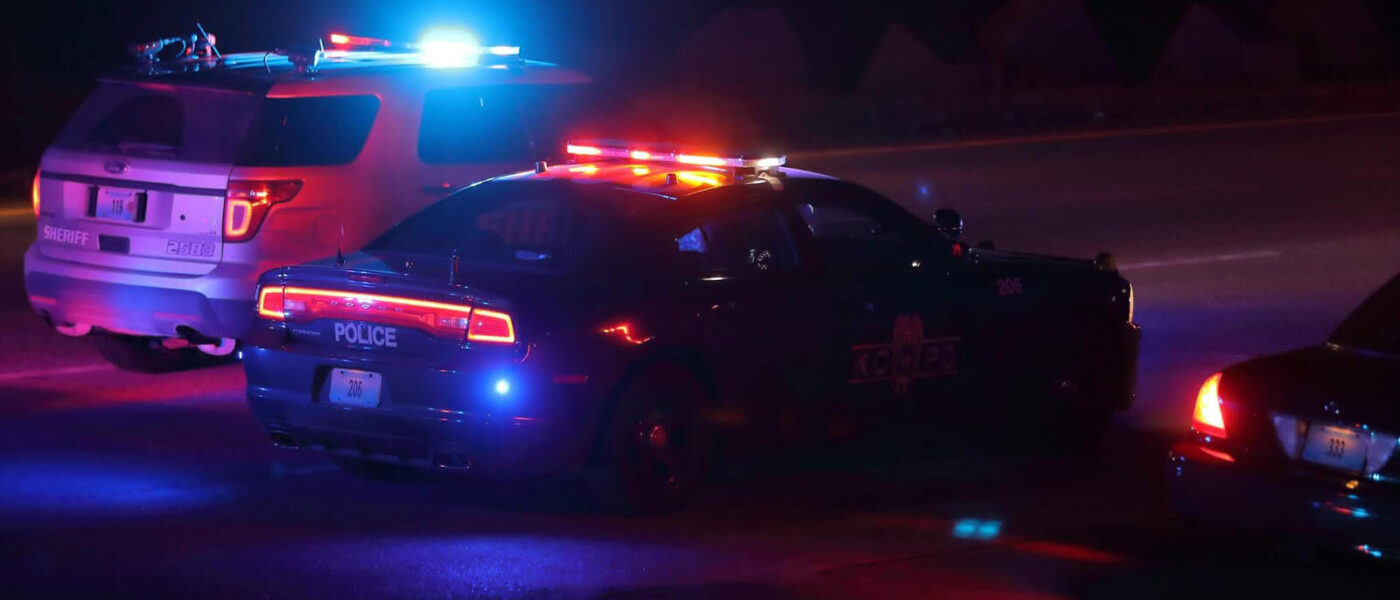The Best Missouri Highway Patrol Accident Reports Guide
Introduction
The screeching of tires, shattering of glass, and crushing of metal is an all-too-familiar refrain on Missouri’s roadways. As per the National Highway Car Safety Administration, 916 individuals lost their lives in car accidents in Missouri in the year 2020 alone. Thousands more suffered severe injuries, leading to months of rehab or permanent impairment.
Suppose a Missouri traffic collision has impacted you or a loved one. In that case, one of the most important documents you can obtain is the official highway patrol accident report chronicling the incident. These reports created by Missouri State Highway Patrol officers contain vital details that can assist with everything from insurance claims and lawsuits to DMV administrative hearings. Missouri Highway Patrol Accident Reports are invaluable, delivering meaningful information to drivers, authorities, and safety advocates.
Yet accident reports are filled with confusing legal jargon, unfamiliar codes, and complex technical diagrams. Making sense of these critical reports feels nearly impossible to the untrained eye. But interpreting what transpired can mean the difference between receiving a fair settlement or being rightfully compensated for any losses or injuries incurred.
This comprehensive guide will illuminate exactly how Missouri highway patrol accident reports can be obtained, decoded, and utilized after an unfortunate crash. You’ll learn step-by-step how to:
• Request accident reports from the Patrol
• Interpret important sections and data
• Incorporate reports into insurance claims after an accident
• Use reports as evidence in injury lawsuits
• Handle DMV notifications and hearings if violations caused a collision
Let’s get started demystifying these essential Missouri accident reports so you have the knowledge to safeguard your rights during this already challenging time.
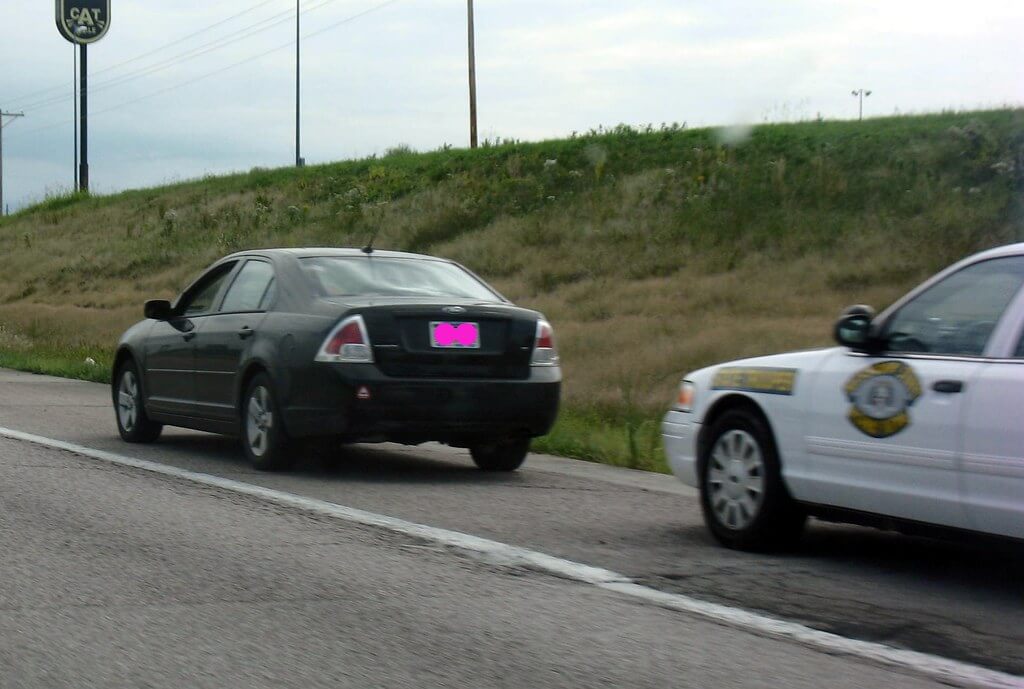
How to Get a Copy of Your Missouri Highway Patrol Accident Reports
Being in a car accident can be a frightening and stressful experience. Once the initial shock wears off, your mind turns to assessing what happened, dealing with injuries, notifying your insurance company, and beginning repairs. But one additional critical task should top your priority list—obtaining a copy of the official highway patrol accident report.
These reports created by the Missouri State Highway Patrol officers who responded contain vital details about the crash that can assist with:
- Submitting insurance claims
- Initiating personal injury lawsuits
- Appealing license suspensions
- Qualifying for disability protections
This information, readily available in an official report, can protect your rights and facilitate any claims you must file after an accident. But how exactly do you get a highway patrol collision report? This guide will walk through the essential specifics, including:
Who Authors Highway Patrol Accident Reports?
Per Missouri state statute 43.250, Highway Patrol officers must complete written accident reports under the following conditions:
- If the crash resulted in injury or death of any person
- If total property damage seems likely to amount to $500 or more to any one person
- If any driver involved does not have auto liability insurance
Some accidents may also be worked jointly with local law enforcement agencies. However, the Highway Patrol has ultimate oversight authority even if assisting another department.
What Type of Information is Contained in the Missouri Highway Patrol Accident Reports?
The completed report prepared by the Patrol officer will contain detailed documentation about the incident. This includes:
- Date, time, and precise location where the crash occurred
- Direction vehicles were traveling before the impact
- Sketches and diagrams mapping out what happened
- Weather and road conditions at the time of the collision
- Speed vehicles appeared to be traveling
- Whether seatbelts were in use by drivers/passengers
- Any witness statements from those who saw the crash
Plus, there is additional evidence, analysis, and conclusions by the investigating officer.
When Can You Expect Missouri Highway Patrol Accident Reports to Be Available?
There is always a lag between when an actual crash transpires and when the formal accident report will be finalized. The Highway Patrol aims to have reports available around 5 to 7 business days after the incident.
However, delays are common if:
- The collision resulted in a fatality (investigation more complex)
- Toxicology tests are needed if suspicion of drunk or impaired driving
You can contact the troop headquarters handling your region to check if the report is ready for release.
How Do You Officially Request a Copy of the Missouri Highway Patrol Accident Reports?
The Missouri State Highway Patrol offers several options for obtaining traffic crash reports:
- In-person at Highway Patrol Headquarters
- Submit a written request by mail
- Call the regional troop headquarters directly
- Fill out a report request form online at the Highway Patrol website
Be prepared to provide precise details like the date/location of the accident, the names of those involved, or the report number if you have it.
Are Missouri Highway Patrol Accident Reports Free, or Is There a Cost?
The reports are free, but you must cover basic printing and processing fees. This amounts to $0.10 per page for report copies. Additional fees for photographs, videos, 911 call recordings, or other special requests may be incurred.
I need the report basics; it costs around $2.00 for a typical 20-page report—a nominal charge for securing this vital post-accident documentation.
This clarifies precisely how Missouri Highway Patrol Accident Reports collision reports can be obtained after you are involved in an unfortunate incident on state roads. Reach out with any other questions!
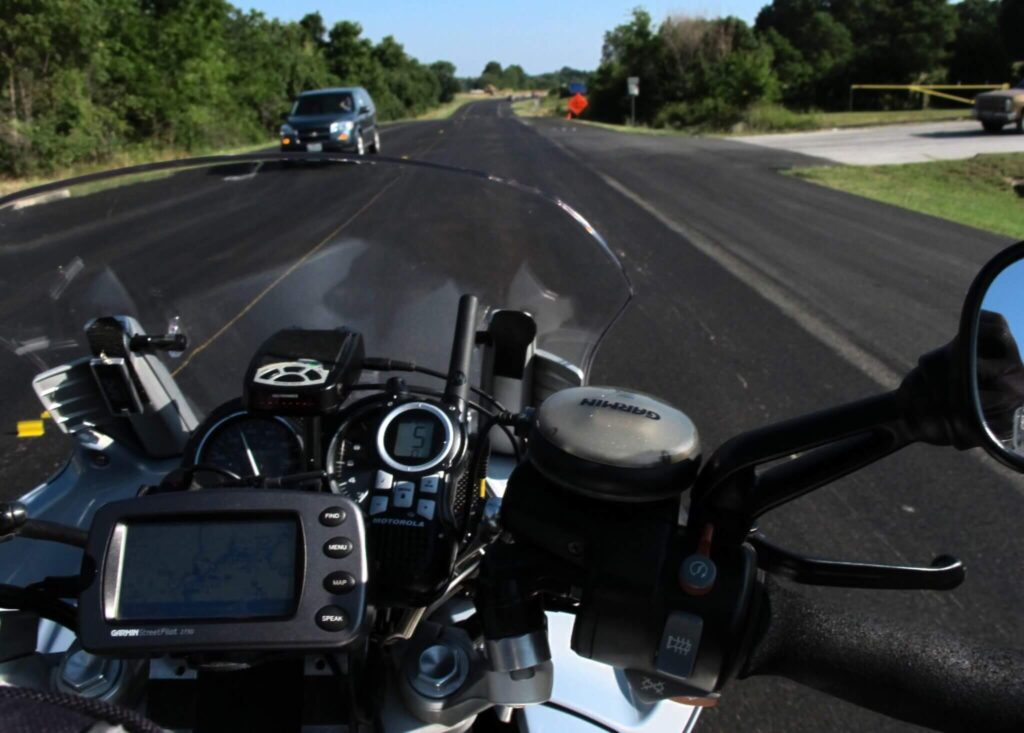
Decoding Your Missouri Highway Patrol Accident Reports: Key Details and Terms
In your possession lies a formidable 20-page document from the Missouri Highway Patrol Accident Reports, a meticulous chronicle of the recent collision you found yourself entangled in—an informational treasure trove, but one that often appears as a daunting labyrinth. Missouri traffic crash reports, with their dense narratives, obscure abbreviations, cryptic vehicle codes, and intricate technical diagrams, present a formidable challenge, particularly when you are still grappling with the emotional aftermath of the accident itself.
The weighty implications embedded within the document become apparent as you journey to understand its intricacies. Deciphering the report becomes a matter of comprehension and a strategic necessity. Whether you are contemplating insurance claims, initiating injury lawsuits, navigating disability applications, or undertaking DMV administrative appeals, the ability to make sense of this dense and complex document is paramount.
This comprehensive guide assumes the role of your interpreter—a vital companion in your quest to dissect that imposing report and extract the specific details essential for safeguarding your rights and fulfilling any post-accident documentation requirements.
Recognizing the emotional toll an accident can take, the guide seeks to alleviate the overwhelming challenge of making sense of the detailed information within the crash report. As you delve into its pages, this guide becomes your strategic ally, offering clarity on how to use the report effectively and ensuring that you can harness its potential to protect your rights and meet any documentation obligations that may arise in the aftermath of the collision.
Consider this guide your indispensable companion on the journey of understanding and leveraging the information encapsulated within the Missouri traffic crash report. Whether you’re embarking on insurance claims, pursuing legal actions, or navigating administrative processes, the insights provided herein ease the complexity of the post-accident landscape, allowing you to assert your rights and fulfill your obligations with confidence and clarity. If the journey becomes overwhelming, remember that assistance is readily available—a guiding light to help you navigate the intricate details of this crucial documentation.
We’ll unpack precisely how to decipher key sections like:
- Driver/vehicle owner’s details
- Injury reports detailing trauma sustained
- Officer narrative recounting what happened
- Statements from drivers, passengers and eyewitnesses
- Technical sketches mapping the collision
Plus interpret critical report codes and data fields like:
- Unique accident report and DOT numbers
- License plate numbers identifying involved vehicles
- Common highway patrol abbreviations
- Weather/road condition codes
Having the tools to translate this vital information empowers you to utilize your report correctly during the next steps after an unfortunate traffic incident.
Key Personal Details Found in Missouri Highway Patrol Accident Reports
While protecting sensitive data like Social Security numbers, highway patrol reports contain contact information for all parties involved, including:
- Full legal names and ages
- Addresses and phone numbers
- License details including state, number and expiration
- Insurance company and policy number for each vehicle owner
Also, expect personal particulars for any passengers, pedestrians, or witnesses.
These facilitate identifying and communicating with those involved in insurance claims, court cases, or further investigation warrants.
Interpreting Crash Site Diagrams and Reconstructions
The investigating officer diagrams a visual mapping of how the collision transpired. This reconstructs details like:
- Skid marks pointing to evasive maneuvers
- Points of initial impact from different angles
- Resting positions marking where vehicles landed
- Roadway alignments properly aligned
Angles of rest, height/distance measurements, and timing sequences get notated.
Though complex, inspect thoroughly as these diagrams become critical evidence recreating and proving what occurred.
The Police Narratives and Officer Conclusions
A lengthy written narrative translates findings from the visual diagrams into words plus infuses them:
- Pre-crash descriptors on vehicle positioning
- Blow-by-blow account of impact and subsequent events
- Relevant crash victim quotes from the scene
- Damage assessments and severity valuations
The concluding officer summary weighs all evidence to assign:
- Crash classifications like rear-end, run-off-road or sideswipe
- Determinations of at-fault parties
- Citations issued for traffic law violations
Take note of whether conclusions align with your recollection. Question discrepancies immediately to lock down facts while fresh.
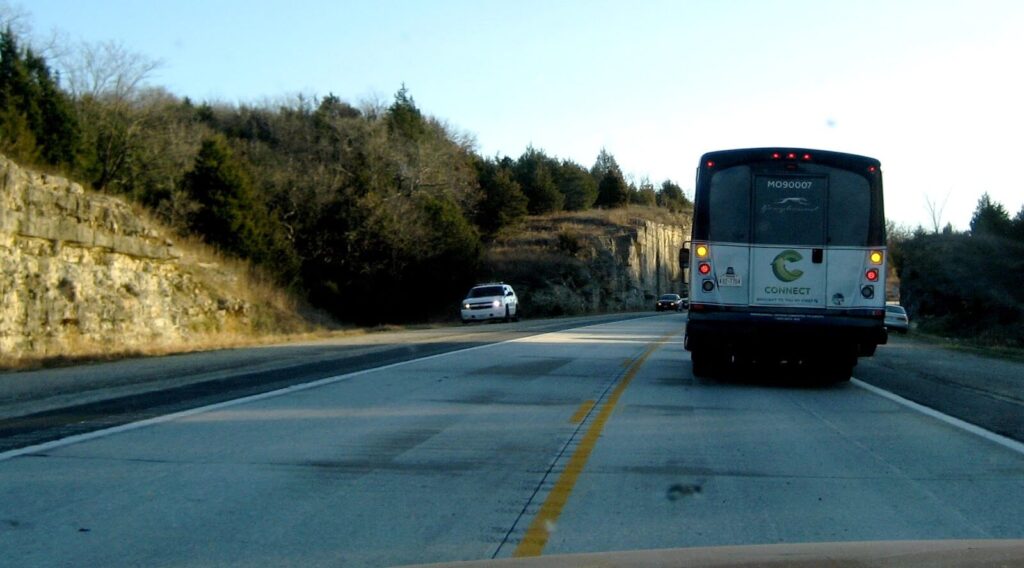
Finding Help Interpreting or Using Your Missouri Highway Patrol Accident Reports
That voluminous 20-page document from the Missouri Highway Patrol Accident Reports, meticulously chronicling the details of your recent collision, rests prominently on your desk—a treasure trove of information, yet often a source of lingering questions and uncertainties. As you grapple with the accident’s aftermath, myriad inquiries might surface, ranging from disputing perceived inaccuracies to fortifying your personal injury lawsuit. The complexity of the Missouri uniform crash report, adorned with intricate codes and details, can compound the already challenging process of navigating the aftermath of a traffic accident.
Amid this intricate landscape, it’s natural to wonder: Can I dispute the facts I believe are inaccurate? How can I leverage this report to strengthen my personal injury lawsuit? What if I’m left with lingering questions, seeking legal guidance to clarify the situation?
Do not be alarmed; this thorough guide is intended to provide guidance and tactical recommendations on several topics. Whether you are contemplating disputing specific details, pondering how to bolster your personal injury lawsuit using the information within the report, or finding yourself with lingering queries that demand legal insight, this guide is your compass through the complex terrain of deciphering the Missouri uniform crash report.
By providing actionable guidance on decoding and strategically employing the information in the report, this guide aims to demystify the intricacies of the document. Understanding that the aftermath of a traffic accident can already be overwhelming, the intention is to empower you with the knowledge and resources needed to navigate this critical phase confidently.
Consider this guide your ally—a comprehensive resource that sheds light on the nuances of the Missouri uniform crash report and equips you with the tools to address uncertainties, dispute inaccuracies, and fortify your position in the aftermath of a challenging collision experience. Your quest for clarity and strategic navigation of this complex documentation begins here. If questions persist or you require further assistance, know you are not alone—help is just a step away.
Locating an Accident Attorney to Evaluate and Advise
Seeking counsel from an attorney well-versed in accident cases can prove invaluable if questions linger even after thoroughly reading your report. A lawyer can:
- Evaluate officer conclusions – provide a second opinion assessing who bears fault based on report evidence and crash reconstructions.
- Advise accident victims on legal rights related to injury claims or actions that could strengthen a lawsuit demanding maximum compensation for harms incurred.
- Handle communications with insurance should discrepancies arise over policy payouts or denied claims.
Most offer free consultations to discuss the merits of your report and case initially.
Locate options through:
- Missouri State Bar Association Referral System – Enter your location, and the practice needs to match with attorneys in good standing accepting clients.
- Online legal marketplaces like Avvo or LegalMatch enable you to outline your situation and compare responses from lawyers interested in assisting.
- American Association for Justice directory – allows keyword searches for member lawyers in your state and metro that concentrate specifically on vehicle accident lawsuits.
Checking Report Status or Asking Questions Through Missouri Highway Patrol Accident Reports
If your accident report remains outstanding longer than the standard processing timeline or you have questions on when/how to obtain it, you can take them directly to the source:
- Call the regional troop headquarters overseeing the geography where your crash occurred. Find your troop contact info here.
- Email the Missouri Highway Patrol Accident Reports through their online comment/inquiry form.
- Visit Missouri Highway Patrol General Headquarters in person if you need documentation to access their motor vehicle record archives.
Troop public information officers aim to quickly respond to media requests and general inquiries within 24 hours or sooner when feasible.
Securing Emotional Support Through Accident Victim Groups
Even armed with ample legal and procedural advice, accident trauma can still inflict lasting emotional wounds not quickly healed by counseling alone.
Connecting with support groups seeking solidarity and comfort from those similarly impacted can aid the healing journey when nights remain sleepless replaying the crash mentally:
- Local church groups – many congregations have programs embracing members facing grief, loss, or crisis.
- AMI Missouri Car Crash Support Network– runs a 24-hour hotline and monthly group meetings to unite Missouri auto collision victims, helping each other recover mentally and spiritually.
- Your Missouri Therapy – database of Missouri therapists searchable by specialty areas, including PTSD from automobile accidents and other traumatic distress.
Don’t tackle confusion over Patrol crash reports or anguish from crash-related stress solo. Reach out for assistance to protect your rights and safeguard your health during the problematic period post-accident.
Leveraging Your Missouri Highway Patrol Accident Reports to Settle Insurance Claims After a Crash
That 20-page highway patrol document may seem tedious to parse through initially. However, properly preparing an insurance claim using critical details from your Missouri uniform crash report can make a significant financial difference.
Yet questions often arise on timing, process, and maximizing reimbursements you rightfully deserve post-collision. Let’s explore guidelines ensuring your accident report effectively supports securing fair insurance compensation.
Why Promptly Notifying Your Insurer Matters
You likely contacted emergency services and began addressing injuries immediately after your accident. Although necessary, wait to promptly inform your insurance provider, even if you are still assessing total vehicle damages yourself.
Key reasons acting fast is critical:
- Starts official documentation that later substantiates the date/time of loss occurrence.
- Triggers the insurer’s investigation to obtain necessary evidence, like the highway patrol report promptly,
- Billing for accident-related treatment often occurs quickly and needs to be allocated under the correct claim numbers.
Contact info gets documented on the scene. But if you need clarification, call the number on your insurance card or listed on policy documents. Give all information known so the claim intake process can be initiated.
Using the Missouri Highway Patrol Accident Reports to Establish Fault and Negligence
Insurer claim adjusters heavily rely on officer crash reconstructions and determinations outlined in highway patrol reports to establish:
- Primary at-fault parties
- Contributing factors increasing collision risk
Don’t simply presume you or the other motorist bear complete or majority fault due to getting cited with a ticket by the officer. The report narratives and diagrams provide a broader context for assessing liability percentages based on each driver’s negligence.
Scrutinize conclusions to ensure your interests get protected should reimbursement disputes emerge. Have legal counsel review if you need clarification.
Augmenting Injury Compensation Requests
In the aftermath of a road collision, the Missouri Highway Patrol Accident Reports offer a comprehensive and indispensable toolkit for accident victims seeking proper compensation for injuries sustained. Beyond merely documenting the sequence of events, these reports become instrumental in establishing a solid foundation for any insurance claims, incredibly when validating the need for medical intervention.
When injuries necessitate medical care, leveraging the details from the accident report becomes crucial. This involves cross-referencing the report to validate that therapies, treatment plans, and prescribed medications are explicitly linked to the harms stemming from the impact trauma of the crash. By aligning medical interventions with the specific details outlined in the report, accident victims create a powerful narrative that reinforces the necessity of their healthcare expenses.
A critical component of this process involves highlighting quoted statements from emergency responders and witnesses present at the scene. These statements, whether from medical professionals or individuals who witnessed the aftermath, serve as vital documentation of visible wounds, complaints of pain, or any observed impairments signaling harm. This level of detailed evidence becomes paramount when insurers evaluate the merit of claims for reimbursement of healthcare expenses and recovery costs.
In their claims assessment, insurers often seek this granular level of evidence to confirm the accident victim’s genuine need for medical care. The correlation between documented injuries in the accident report and the subsequent medical treatments creates a compelling argument for the legitimacy of the claims made by the victim.
While the purpose of Missouri Highway Patrol Accident Reports transcends the realm of insurance claims, understanding how to properly employ the essential contents of these reports can be pivotal for those navigating the aftermath of a collision. Beyond the intricacies of insurance, this meticulous approach aids in establishing a foundation for fair compensation, offering a tangible path to recovery after the challenges posed by a traumatic accident experience. Do not hesitate to reach out if you find yourself grappling with questions amid the overwhelming aftermath of a collision. Navigating this intricate process becomes more manageable with informed guidance and assistance.
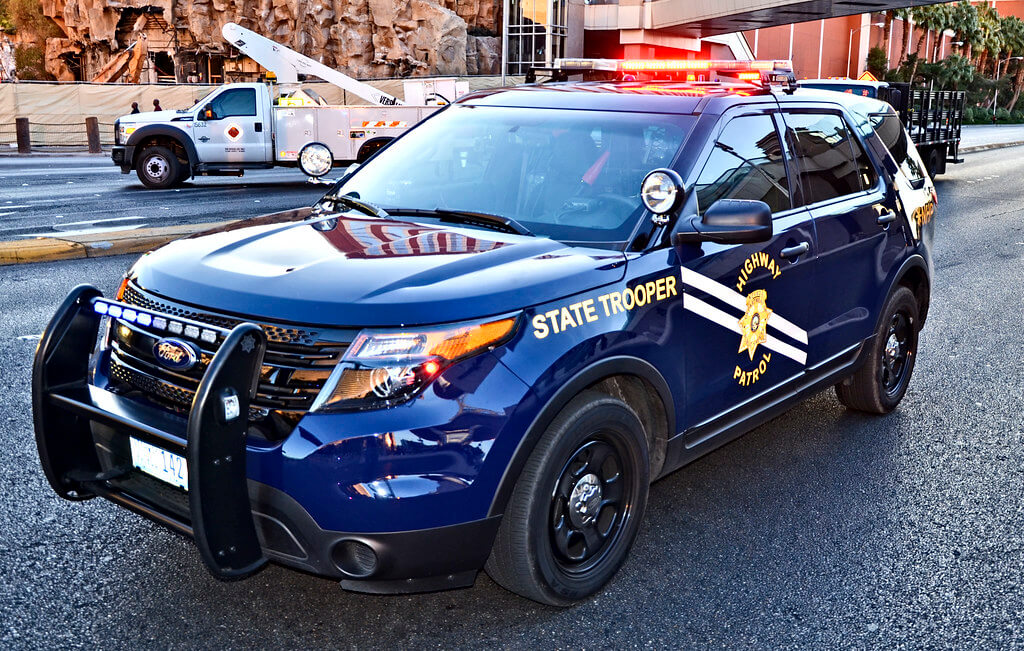
Missouri Highway Patrol Accident Reports: Conclusion
If you’ve read this far, you now have comprehensive knowledge on obtaining those critical Missouri uniform traffic crash reports and translating the intricate details they contain. Let’s recap the most vital takeaways to remember.
Why Highway Patrol Reports Matter
These documents serve an important role far beyond just insurance claims. Properly utilizing your report protects rights related to:
- Injury lawsuits – Bolster’s evidence to secure fair compensation for any trauma sustained by directly attributing harm to the collision.
- Disability assistance – Validates impairment limiting the ability to work from crash injuries for Social Security, worker’s compensation, or unemployment benefits.
- License appeals – Fight any unfair license suspension if another motorist caused the accident.
- Tax reporting – Claim casualty losses with concrete validation of accident circumstances and vehicle value declines.
Key Details to Note in Your Missouri Highway Patrol Accident Reports
Focus the closest scrutiny on:
- Officer diagrams – Thoroughly analyze visual reconstructions detailing how the collision transpired as the basis for all subsequent conclusions.
- Narrative summaries – The Inspector weighs evidence to assign fault percentages, violations, and citations against drivers. Ensure no rush to judgment occurred, failing to account for all circumstance nuances.
- Witness statements – Compare notes across driver, passenger, and bystander accounts, questioning any apparent inconsistencies left unaddressed.
Who Can Help Address Questions
If ANY aspects of your report remain unclear or concerning, promptly consult:
- Accident attorneys – Local lawyers can best advise how to leverage report details for insurance appeals, injury claims, or other accident-related legal filings. They also examine conclusions for fairness, acting as your advocate.
- Missouri Highway Patrol – Press troop headquarters for status updates if waiting lengthy periods for your report. Report errors undermining your rights. Inquire about the best evidentiary procedures to employ related to lawsuits.
- Support groups – Connect with those who’ve traveled your post-accident path for solidarity plus wisdom, securing access to resources that aid in complete mental, physical, and emotional recovery.
Hopefully, this crash course has effectively equipped you to demystify Missouri Highway Patrol Accident Reports critical for protecting your interests after unfortunate accidents. Drive safely and remain confident, knowing your rights remain shielded should future incidents emerge. Stay ahead of road safety issues by staying informed with Missouri Highway Patrol Accident Reports, providing meaningful insights into accidents on state highways.

